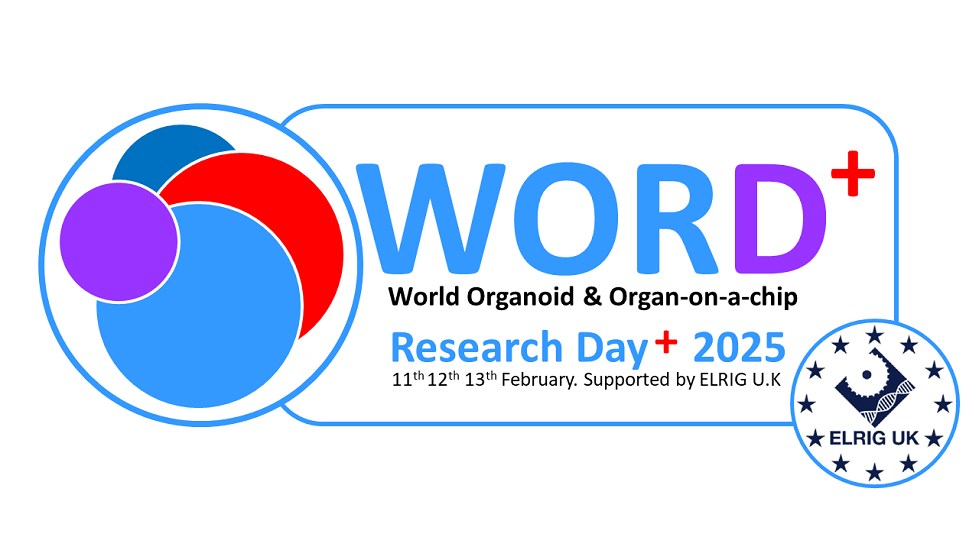Authors
D Keller1; S Nuciforo2; D Calabrese3; EM Riegler1; S Cazzato1; L Fäs1; M Heim2; CU Stirnimann1; TH Booij1; S Huber1;
1 NEXUS Personalized Health Technologies, ETH Zurich, Switzerland; 2 Department of Biomedicine, University of Basel, Switzerland; 3 Department of Biomedicine, University Hospital Basel, University of Basel, Histology Core Facility, Switzerland
Overview
We developed a high-throughput screening platform to screen with hepatocellular carcinoma (HCC) organoids. This platform is compatible with 1536 well plates and uses the nanocellulose based hydrogel GrowDex-T rather than its animal-derived alternatives as a matrix. Due to the miniaturization to 1536 well plate format, no pipette tips are required at any step in the screening procedure, thereby dramatically reducing the experimental cost and improving the assay quality.
Introduction
Due to technological restraints and practical limitations, drug screens with patient-derived organoids have traditionally been performed on a small scale, and these experiments are often used to validate results from earlier in vitro drug screens. To enable large-scale drug screens with HCC organoids derived from patient biopsies, we aimed to automate and miniaturize the drug screening methodology.
Methods
The ETH Zurich core facility NEXUS Personalized Health Technologies operates a lab-automation platform, we could dispense organoids suspended in 0.2% GrowDex-T directly into 1536 well plates using a Certus Flex. We dispensed test compounds in nanoliter range to eliminate the requirement for pipette tips with an acoustic dispenser. Drug efficacy was measured using a cell viability measurement. The developed methodology was evaluated for two different patient-derived HCC organoid lines.
Results
We used the developed methodology to screen a library of 1’172 FDA-approved drugs in a technical duplicate at 10µM concentration, and additionally screened a panel of 1’250 novel chemicals in a biological duplicate, also at 10µM concentration. For both screens we report high reproducibility and robustness.
Conclusion
We have developed a screening platform for HCC that uses patient biopsy-derived organoids in a 1536 well plate format. The developed methodology is automation-compatible and vastly reduces the costs of testing drugs while delivering high-quality and robust screening results.

